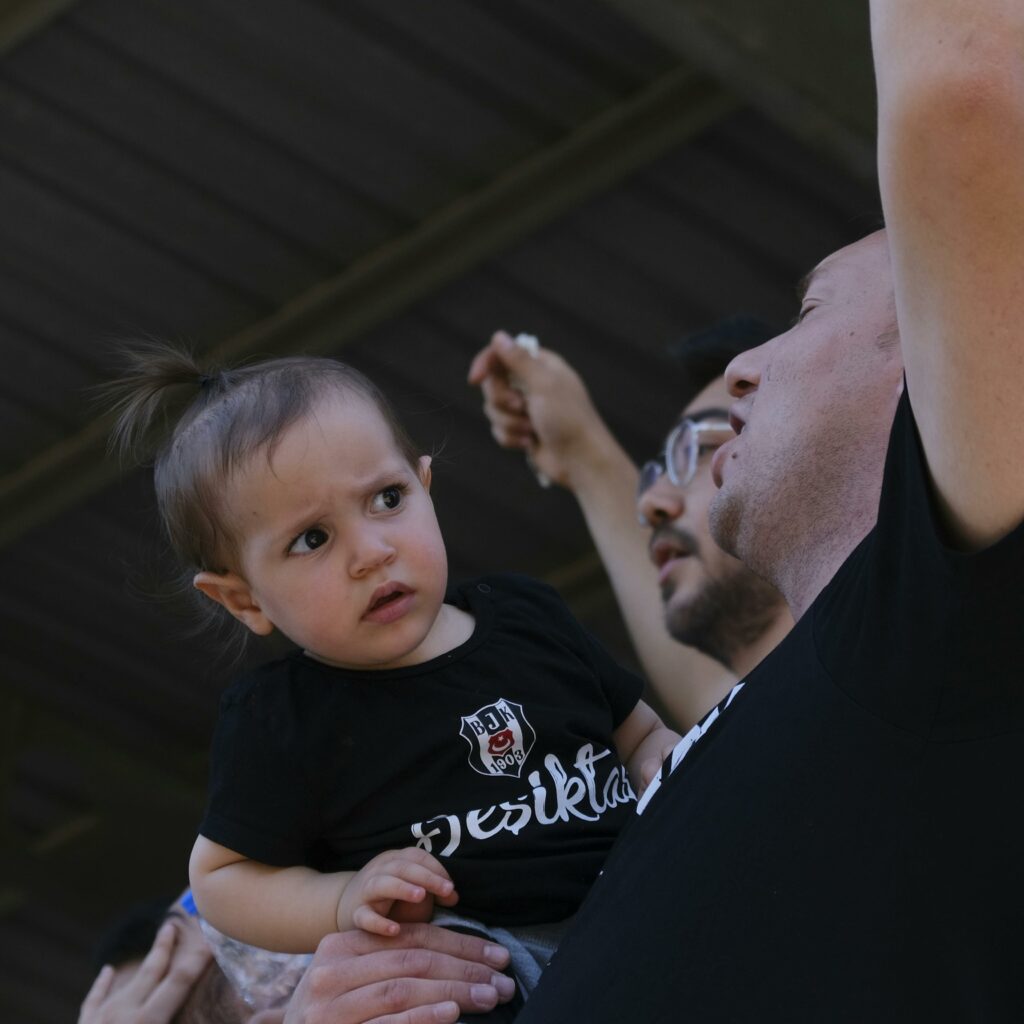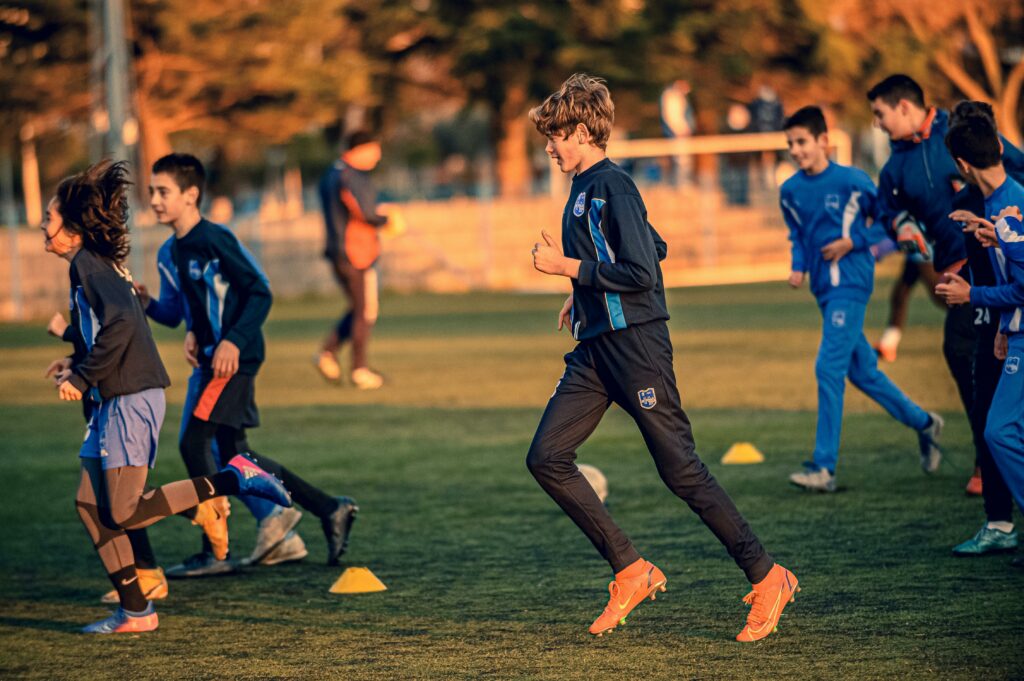Picture this: your child is on the field, focused on their game, surrounded by teammates. On the sidelines, you’re shouting, yelling instructions that are not even audible to them but are loud and clear to your neighbors. You’re upset with the referee, insulting their calls, and maybe even pushing your child to be more aggressive. Does this sound familiar? Here’s why this needs to stop:
What are the negative impacts of these behaviors on your children?
1. Creates performance anxiety
When you shout instructions or try to coach from the sidelines, you put immense pressure on your child. They feel watched, judged, and this creates performance anxiety. Your child is no longer playing for fun but to avoid disappointing you. This excessive pressure hinders their enjoyment and may even lead them to quit sports altogether.
2. Disrupts focus and concentration
Imagine being on the field, in the middle of a game, with voices shouting from all directions. It’s hard to stay focused, right? Your constant encouragement or confusing directives disrupt your child’s concentration, pulling them away from the task at hand: focusing on the game and following their coach’s instructions.
3. Creates poor behavior

Children are mirrors. If you act aggressively towards the referee or criticize the opposing players, don’t be surprised when your child imitates this behavior. They are learning from you. By setting a poor example, you teach them that disrespect and aggression are acceptable in sports. Yet, you likely signed them up to learn values like respect and teamwork.
4. Causes shame and embarrassment
Your sideline yelling, especially when critical, puts your child in an uncomfortable position. They feel embarrassed in front of their teammates and coach, ashamed of your behavior. Rather than boosting their confidence, you are putting them in a situation where they may withdraw and start doubting their abilities.
You want to have an impact? Be a positive role model – lead by example!
Instead of displaying these destructive behaviors, choose to embody the values you hoped your child would learn through sports:
- Respect: Show respect for the referee, opponents, and coach. Your child will learn to honor the game and respect authority.
- Fun: Remember that sports are supposed to be enjoyable. Remind your child that they are there to have fun. When you let fun lead the experience, performance naturally follows.
- Team spirit: Celebrate the team’s efforts, not just individual achievements. Encourage collaboration rather than internal competition.
- Resilience: Sports teach handling both failure and success. Help your child see challenges as learning opportunities rather than sources of frustration.
- Humility: Applaud good plays, whether they come from your child, their teammates, or even the opposing team. Humility is a crucial quality in sports.
- Courage: Encourage your child to take risks and step out of their comfort zone, without fear of judgment.
What you can do…
- Stay calm and positive: Leave the coaching to the coach and focus on general encouragement, like “Have fun!”, “Great job!” or “Awesome effort!”
- Lead by example: If you remain respectful, calm, and fair, your child will naturally adopt these behaviors.
- Foster healthy communication: After the game, instead of dissecting every mistake, ask them what they enjoyed and what they want to improve.
- Value the process, not just the outcome: Praise your child’s effort and perseverance, not just the wins.
- Useful link: Learn the keys of emotional coaching for parents
And this doesn’t mean you can’t show enthusiasm and pride!
None of this means you shouldn’t show your enthusiasm and pride in watching your child play. Cheer when they score, celebrate their effort, and be proud of their progress. Just remember that your child needs your support, not pressure. It’s important to show them you’re there for their enjoyment and development, not for perfection.
Useful resources:
- National Alliance for Youth Sports (NAYS) – Parent’s Guide to Youth Sports: https://nays.org
- Positive Coaching Alliance – How Parents Can Positively Support Their Athletes: https://positivecoach.org
- American Psychological Association (APA) – The Impact of Parent Behavior on Child Athletes: https://apa.org

